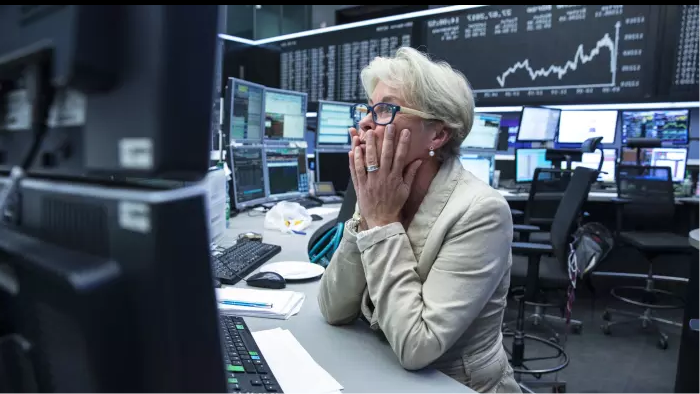Mifid II drives US investment industry frantic


Mifid, the vast set of rules governing Europe’s financial system, is an ugly word in the US investment community. The second iteration of the European directive, due to come into force in 2018, will upend how traders, brokers, analysts and fund managers interact. To the disappointment of many US investment professionals, its reach stretches far beyond Europe’s borders.
A senior US-based investment executive, who requested anonymity, believes the unintended consequences of the directive, which
aims to strengthen Europe’s financial system and reduce costs for investors, will be severe. He goes so far as to liken the regulation to Chairman Mao’s disastrous Great Sparrow Campaign of 1958, which sought to exterminate China’s sparrows to protect the country’s crops. The campaign backfired by triggering a surge in the number of grain-eating insects, contributing to one of the worst famines in history. “We think there won’t be any savings from this. Mifid II clearly increases
costs for fixed-income investors,” the executive says. “Clients are starting to ask us, ‘What the hell are we going to do?’.”
Despite the imminent arrival of Mifid II, many of the largest US financial institutions remain uncertain over how best to prepare for the new
regime. Ed Winters, investment management attorney at Morgan, Lewis & Bockius, the law firm, in Boston, has two words to describe the mood among clients: “aggravated and confused”.
The big issue facing the US financial industry centres on analyst research. Mifid II will force asset managers caught by the directive to
set clear budgets for research from banks and brokerages for the first time. Until now, asset managers received research — including
written reports and phone calls with analysts — for free, although the cost of this service was built into trading fees, which are usually
paid by fund managers’ clients. The new system poses a significant challenge for brokers as, under US rules, they cannot receive direct payments for research unless
they are formally registered as investment advisers. This means, in theory, that they will not be able to provide research to European
clients — who will be obliged to make direct payments for this service — from 2018. The broking community has lobbied the Securities and Exchange Commission, the US regulator, since the start of the year to allow brokers to receive direct payments for research from investors who are subject to Mifid. The SEC is expected to make a decision by October.
With or without an exemption from the SEC, brokers are bracing for a hit to their revenues as European asset managers come under
pressure to reduce how much they spend on research. Paul Reilly, chief executive of Raymond James, the Florida-based financial services company that issues research on small and midcap companies, told analysts last month: “I wouldn’t call [Mifid] a positive headwind. I don’t know how significant it will be, given
our revenue mix, but it’s certainly not a positive.” Ronald Kruszewski, chairman and chief executive of Stifel Financial, the US brokerage, separately told analysts: “This is a European regulation that could negatively impact US capital markets.” US asset managers are concerned. Those with a large European footprint could face restrictions when paying for research from US-based analysts. There is also widespread confusion about US asset managers’ ability to share analyst research freely across their organizations when the new rules arrive. The fear is that US teams will not be able to send research that has been paid for via trading commissions to European
colleagues without incurring additional costs. Owen Lysak, a partner at Clifford Chance, the law firm, says: “If the US affiliate receives [research] for free, is it OK to share that with the EU affiliate? Those questions are getting a lot of attention at the moment and some of them are open questions.
“Can equity and bond teams share research with multi-asset teams? That’s a difficult question. We are working through it at the
moment.” One source of relief for US asset managers could come from banks and brokerages agreeing to distribute their fixed-income research
in the public domain. This would render the research a non-monetary benefit, and enable asset managers to continue to receive it for
free. Several large US fund companies have urged banks to adopt this distribution model, according to three investment executives
speaking on condition of anonymity.